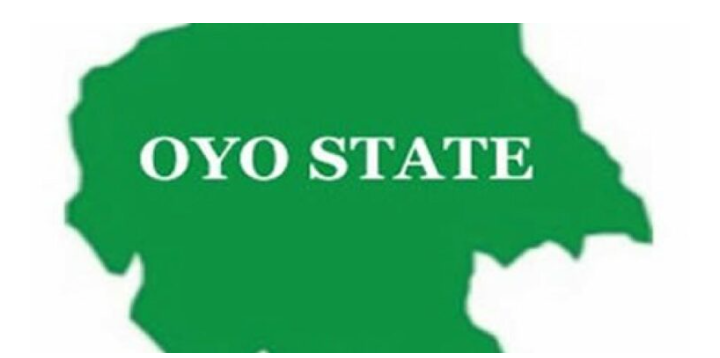

As a means to tackle kidnapping and acts of criminality, the leadership of Akinyele Local Government Area of Oyo State has banned night vigils and other religious activities conducted late in the night.
The decision was contained in a memo with number, AKLG/1541/T3/23, dated 27th June 2024, addressed to the Chairman, Christian Association of Nigeria (CAN), Akinyele Local Government Area.
The directive was the resolution of an emergency meeting of the Joint Peace and Security Committee of the Local Government Area and its two Local Council Development Areas (LCDAs) convened by the Chairman of the local government, Mr Wole Akinleye.

The meeting also had in attendance the Akinyele traditional ruler, community leaders, security agencies, and the CAN representatives in attendance.

The meeting had observed that people at large gatherings, especially those held at night, had become soft targets for kidnappers, hoodlums, and persons with criminal intents.

Affirming the decision to the Nigerian Tribune, the local government chairman, Wole Akinleye, said the decision got the consent of the CAN and security agencies that banning vigils would strengthen the task of fighting insecurity in the local government area.
Akinyele said: “I resumed office a couple of weeks back as the newly elected chairman. There were cases of kidnapping around an area in Iroko and Alabata which falls under Akinyele Local Government.
“Those cases of kidnapping happened repeatedly within a couple of days interval. When I spoke with the security operatives, we realised that we needed to restrategise so I called for emergency security meeting with the Kabiyesi.
“When I got to the meeting, I found in the previous minutes of the last meeting held by the previous chairman that they agreed that there should be a stoppage to the vigil because people were being kidnapped during night vigils.
“We asked the representative of CAN, the Chairman of CAN in Akinyele Local Government why they have not taken action on that. He said they had taken action but some of those churches were not listening to them because there was no official communication.
“That same week that we called that meeting, there was another incident of kidnap, this time it was again from a church inside a bush where they were also holding vigil.
“So this became alarming, why would people be holding vigil in remote places? And you know we cannot identify where is remote and where is not.
“The CAN chairman, in company of the secretary, requested that we help them to have an official communication which they will use to discuss with their members and he said some of the people who are not listening to them, some of them are not affiliated to CAN, they are the ones holding vigil here and there, some of them, very deep in the forest, not even in the city. This is what necessitated that memo.
“It was originally supposed to be advisory. But the CAN chairman said if it is advisory, people will not act on it.”
On enforcement of the ban, Akinleye said: “The security people are around to ensure that in all those remote places, once there is that ban, they can now enforce it when they see security threat because there is now a ban, so they can enforce where they know they are prone to be attacked or there is soft target for kidnappers but without such directive, they cannot enforce it.
“We have made great breakthroughs in dealing with kidnapping after this ban is already yielding results.”